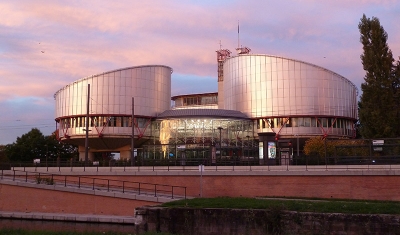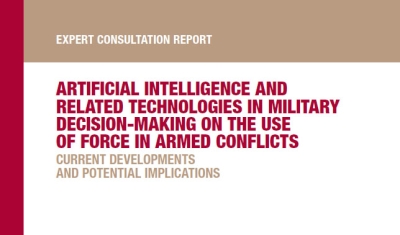The investigation of death and harm during situations of armed conflict is a key area of humanitarian concern with profound implications for the application of international humanitarian law (IHL). Proper investigation by militaries involved in armed conflict and other domestic authorities is necessary to establish:
- Whether the relevant IHL rules were applied, and respected
- Whether appropriate measures and of what kind, should be implemented in case of alleged violations
- Whether possible failings in IHL application were individual or systemic in nature
- What procedures should be put in place to prevent or minimize unlawful deaths and destruction in future military operations
A LACK OF INTERNATIONAL STANDARDS
The duty to investigate in situations of armed conflict is implied, but not mentioned directly in international law sources. States tend to rely on their domestic legal frameworks when it is deemed that an investigation is necessary, yet there is little uniformity of practice across states and no agreed international standards by which to assess these domestic procedures. Clearer guidance would appear to be of use in several areas, including: the circumstances that should trigger an investigation, who should carry it out, what its nature should be, the principles that should underpin it, and what an appropriate outcome would be.
IDENTIFYING A SET OF GUIDELINES
This project, initiated in 2014 by the Geneva Academy and joined in 2017 by the International Committee of the Red Cross (ICRC), intended to identify, via expert meetings and research, a set of guidelines based on law, policy and good practice that states should apply when they investigate alleged violations of IHL in situations of armed conflict.
Research Team
This project was conducted by Noam Lubell, Swiss IHL Chair at the Geneva Academy (2014-2019) and Professor of Public International Law at the University of Essex; Jelena Pejic, Senior Legal Adviser at the ICRC; Kamelia Kemileva; and Claire Simmons.














